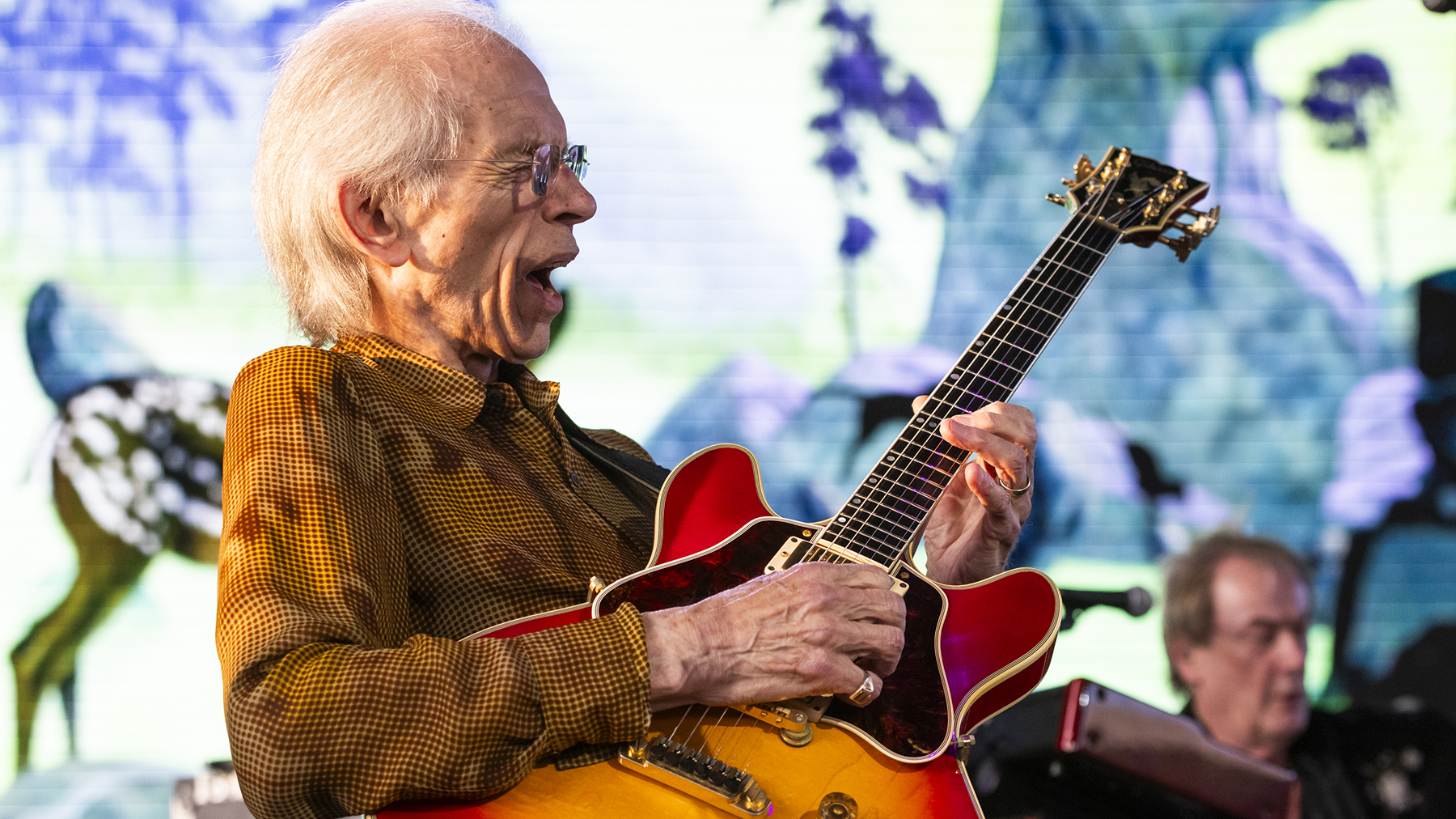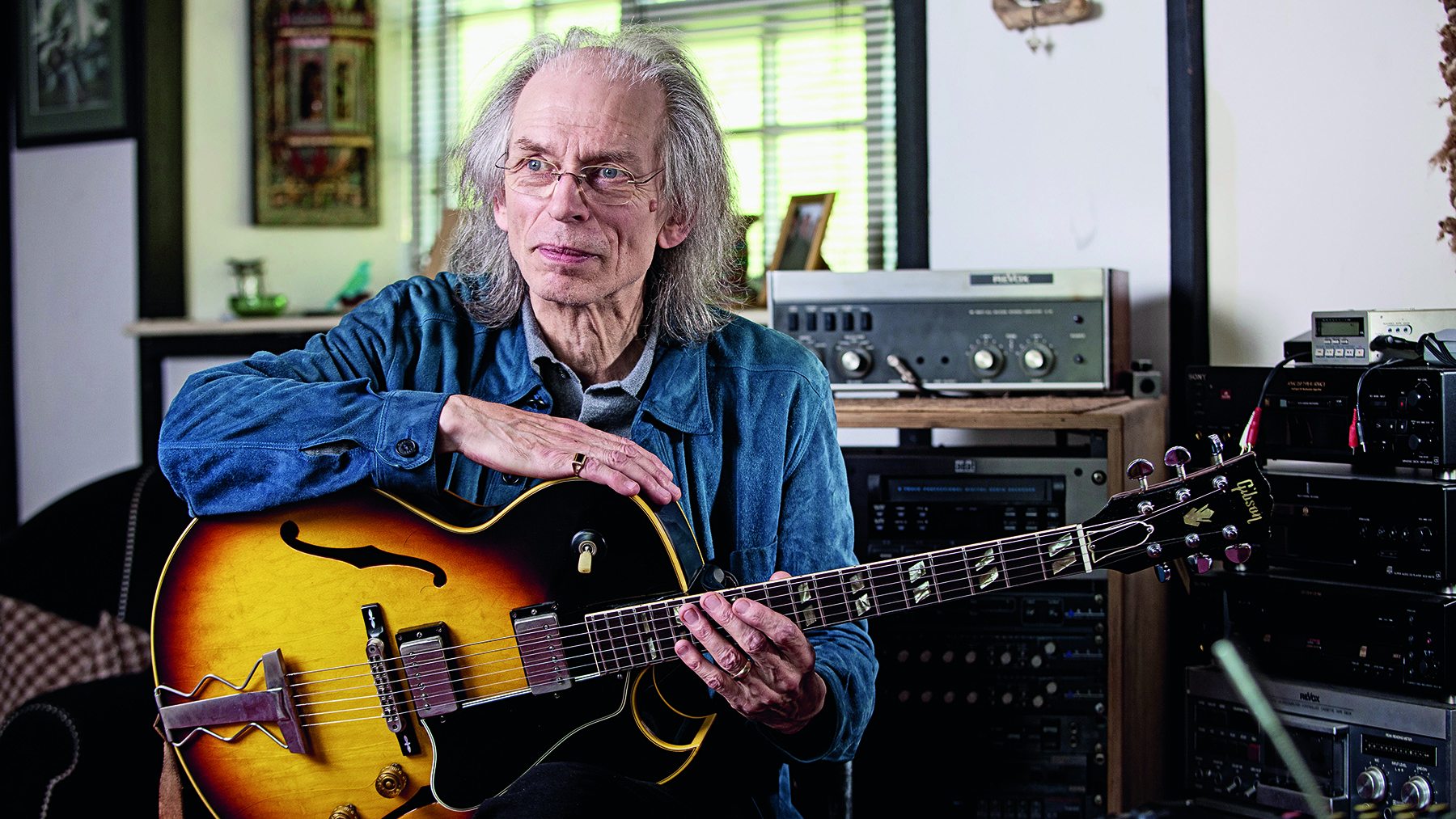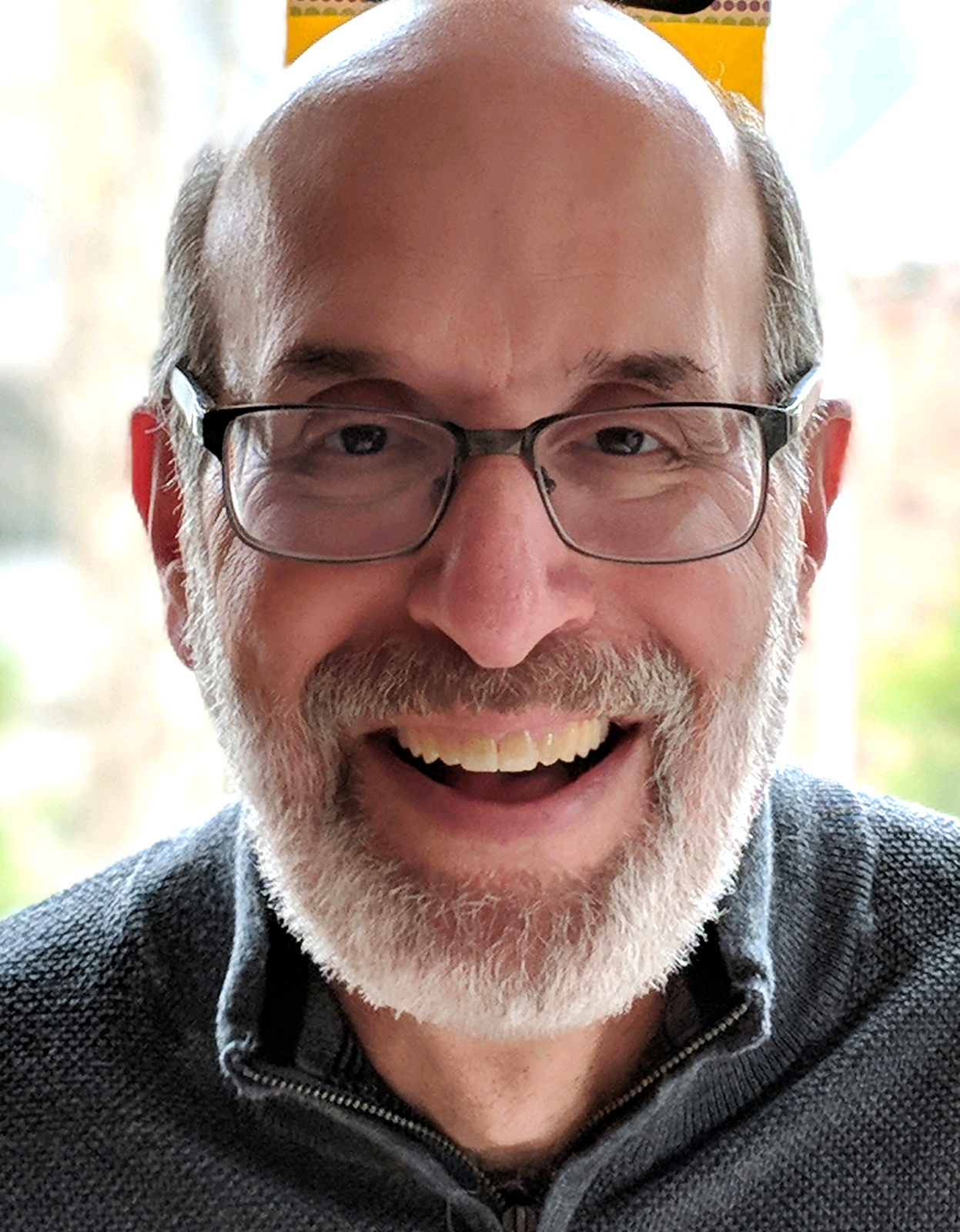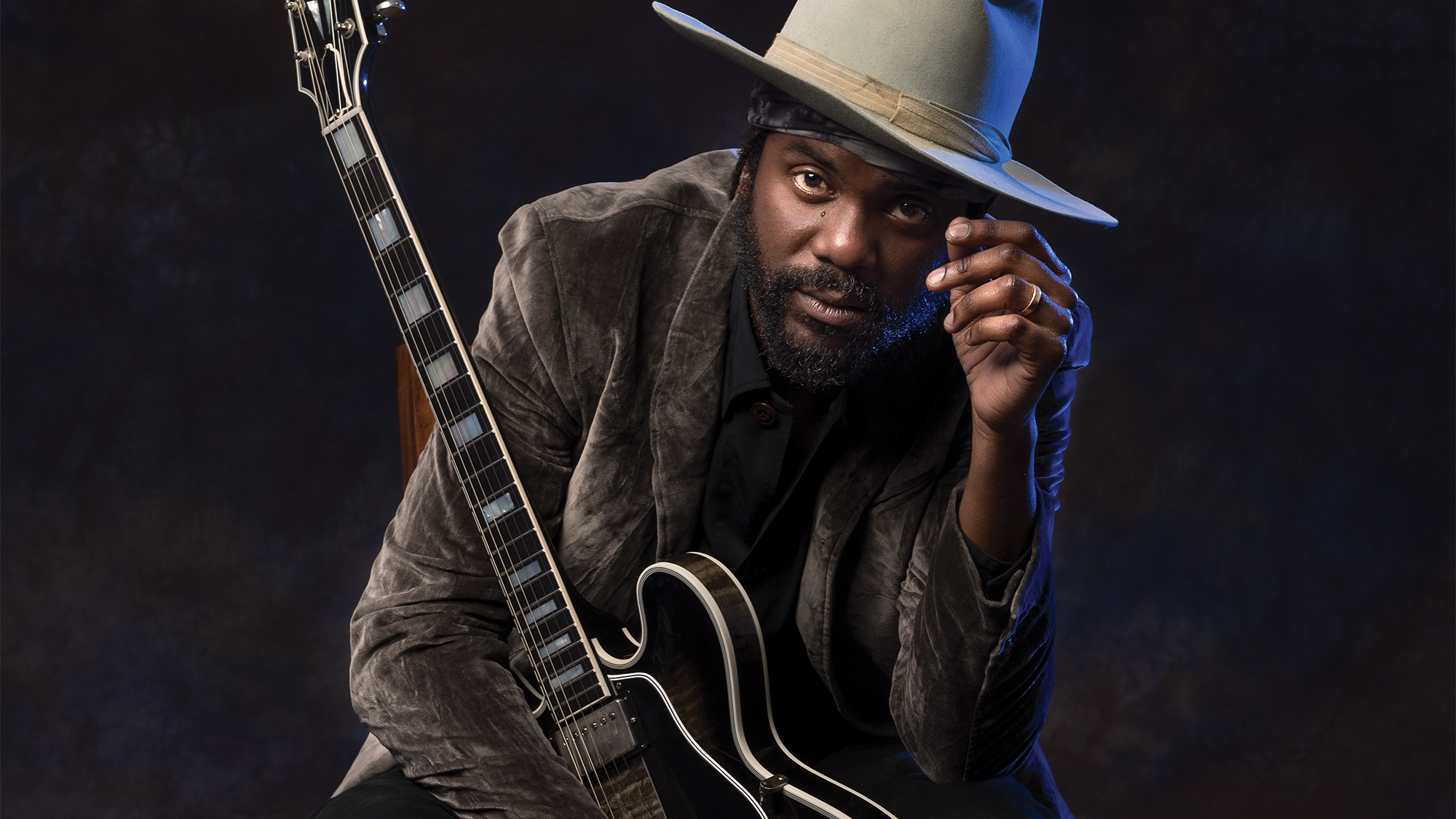“There’ve been so many times we thought, 'Oh God, that's it. How can we go on?’” Steve Howe reflects on the future of Yes — and reveals that he once refused to let his techs tune his guitars
The guitarist hints he "may have something else I want to talk about, maybe later in the year as well."

Depending on how you count, some 20 members have passed through Yes's ranks over the years.
But guitarist Steve Howe has been the true keeper of the tales — from Topographic Oceans and elsewhere. Joining the band in 1970 to replace Peter Banks. Howe quickly became one of the group's key composers and one of prog-rock's most esteemed electric and acoustic guitar players. He's appeared on all but five of Yes's 24 studio albums, and he stepped up to produce the last two, The Quest in 2021 and Mirror to the Sky in 2023. He's priming for more touring later this year and notes that the band is "jiggling around" with material for its next album.
The dude is 77, however. And as Rhino prepares for the March 7 release the Super Deluxe edition of Close to the Edge — the group’s biggest commercial success at the time of its release, in 1972 — it seems a good time to ask, 53 years down the road from that landmark — does he ever think about saying no to Yes.
"Well, I like to consider that I've got that option," Howe says with a smile via Zoom from his home in England. "I'm free to carry on, but I'm also free, if I did want, to stop."

That’s a very diplomatic way of putting it, and it doesn't seem like Howe — whose latest solo project, Guitarscape, came out last year — feels any sort of retirement is imminent.
"I think I've got a sort of internal agenda going on where I'm sort of doing a lot of tidying up of projects," he explains, "sometimes shrinking them down to make them completely practical. Having it be contained is definitely a way of seeing the future in a more positive and enjoyable way." Howe adds that the "may have something else I want to talk about, maybe later in the year as well."
As the ranking senior member of Yes, meanwhile, and only remaining link to the band's golden era of the 70s, he sees a future for the band even if he's not part of it. "That would be entirely up to them," Howe explains. "I think there's an in-built, driven thing to continue. We've seen it over the years. There’ve been so many times we thought, 'Oh God, that's it. How can we go on?’ And somebody appears or something happens."
Get The Pick Newsletter
All the latest guitar news, interviews, lessons, reviews, deals and more, direct to your inbox!

Yes did that once without Howe, of course, between 1981 and ’94, when Trevor Rabin joined and gave the group new life — not to mention it's only number one hit, "Owner of a Lonely Heart." Howe and Rabin also played together in the ill-fated, eight-member incarnation of Yes that released Union in 1991.
Howe — who shared his top five guitar tips with Guitar Player in 2023 — has no real thoughts about who should take the guitar chair if he's not in it, however. "I think most of the people who have joined Yes didn't always have a long history with the band. Sometimes they were just passing through," he notes. One avenue for the group’s future is for a new member to give the group a new direction, as he and Rick Wakeman did when they joined in 1970 and 1971, respectively. “We were coming through. We weren't established, and I think that's a factor,” Howe says. “That might be an option, to have someone who's coming through to take it on in a different way.
"Obviously, I’ve been part of that driving force of determination," Howe acknowledges, "but I don't see that as an exclusivity I've had. In fact, I'm very surprised to have the amount of expression that I do have with Yes, and they fact that they listen to me and respect me at all. It's very nice they do appreciate having a guy who was on Close to the Edge, for instance. That's kind of a helpful part of the story."

Then again, Howe is widely seen as the "boss" of Yes — especially after producing their last two albums — so he seems to be unnecessarily modest.
"Well," he answers, "I used to say I don't think anybody can really lead Yes. I'm in a very prime position where the guys look at me and they will take my advice, but that doesn't mean I go around telling everybody what to do. I've got to find out what they're trying to do and make it work. If there's a tough decision it might come down to me, but that doesn't mean to say I treat them in any way different from (being) equal members, which is what they are.
"So, yes, I'm able to convince them that a lot of my ideas are quite good. If I didn't have those ideas and I wasn't progressive, then I wouldn't be as useful to Yes as I am. And I think I'm pretty useful. That said, it wasn't that I would say, 'I don't need you guys. I could do this on my own.' No way. I'm helping steer the band. I’ll take that."
One thing how used to do on his own, however, is tune his own guitars, on tour as well as in the studio. "I didn't believe anybody else could tune them better than me," he recalls, "and I didn't want to go on and go, 'Oh, no, this is wrong, mate.'
“So the tech did all the electrical things and brought the guitars to me and I tuned them and he took them to the stage. It didn't seem a lot of work 'til I found a guy who could tune as good as me. I said, 'Right, you're tuning now!’”
Gary Graff is an award-winning Detroit-based music journalist and author who writes for a variety of print, online and broadcast outlets. He has written and collaborated on books about Alice Cooper, Neil Young, Bob Seger, Bruce Springsteen and Rock 'n' Roll Myths. He's also the founding editor of the award-winning MusicHound Essential Album Guide series and of the new 501 Essential Albums series. Graff is also a co-founder and co-producer of the annual Detroit Music Awards.

